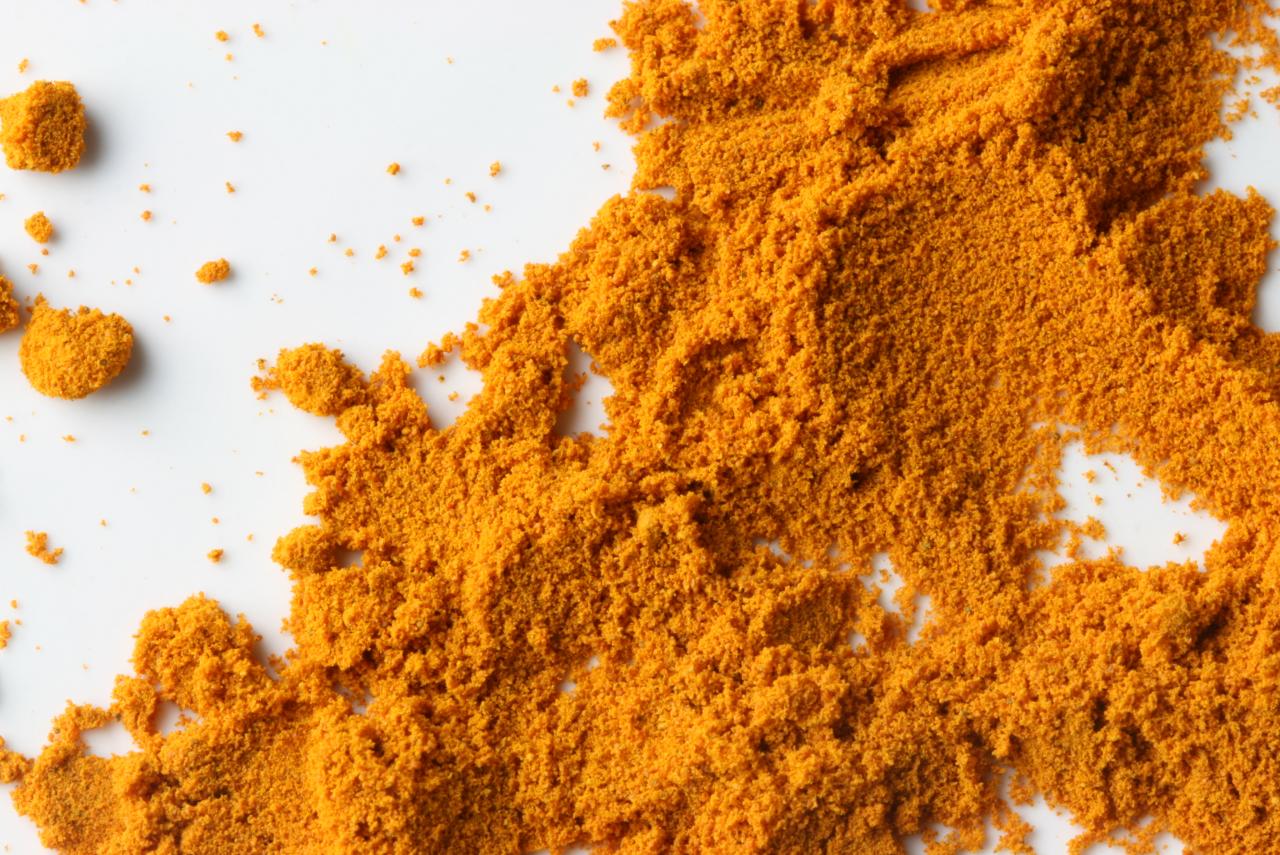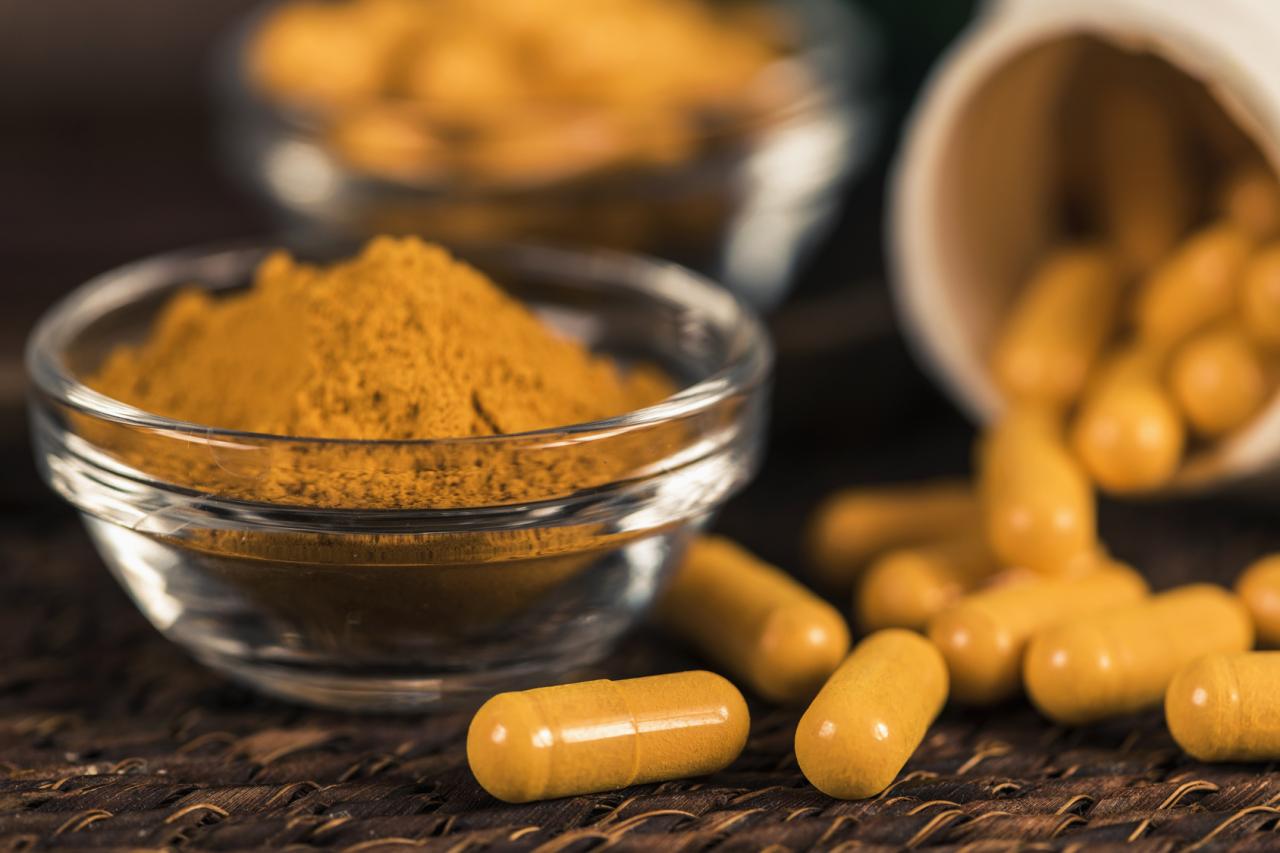 PhotoSpin/PhotoSpin
PhotoSpin/PhotoSpin
A medicine developed during the Victorian era could well prove to be one of mankind’s greatest discoveries. And chances are, you have it in your medicine chest right now.
Aspirin, or acetylsalicylic acid (ASA) has been the go-to pain reliever for centuries. A derivative was used in ancient Egypt as far back as 3000 BC.
Aspirin is known to relieve minor aches and pains, reduce heart attacks and strokes in high risk patients and prevent blood clots and the recurrence of cardiac tissue death in after a heart attack. But this commonly used drug poses some side effects and risks too.
Now, three new studies have found that aspirin may be beneficial in preventing cancer in some people.
The first study, conducted at the University of Texas at Austin, found overweight and obese women who regularly used aspirin cut their recurrence of hormone-related breast cancer in half.
Aspirin is a nonsteroidal anti-inflammatory drug (NSAID), a group of medications containing pain relievers and fever reducers. In higher doses, NSAIDs can reduce or prevent inflammation, a biological process linked to swelling and cancer.
The study, published in the journal Cancer Research, suggested that limiting inflammatory signaling may be an effective, less toxic approach than chemotherapy to altering the cancer-promoting effects of obesity.
This approach improves patient response to hormone therapy and allows them to stick with it longer, said Linda A. deGraffenried, an associate professor of nutritional sciences at the University of Texas at Austin, who conducted the study.
The greatest benefit from aspirin and other NSAIDs used as a control in the study will be in those with a disease driven by inflammation, and not just obesity,” explained DeGraffenried.
Another review study, published in the journal Annuals of Oncology found fewer cancer incidences and mortality in men and women between ages 50 and 65, who were of average risk. The greatest benefit was seen in those who took oral daily low doses of aspirin (75 and 325 mg per day) for five years or more.
Men and women at average risk on an aspirin regimen for a decade could expect relative reductions of 9 percent and 7 percent, respectively, in the rate of cancer, myocardial infarction, or stroke over 15 years, according to the study.
People on an aspirin regimen were at greater risk of bleeding events, however the study found that the cancer reduction benefit outweighed this risk.
The third, a case control study conducted by the Yale School of Public Health, found that the longer a person took low-dose aspirin, the lower his or her risk for developing pancreatic cancer.
Harvey A. Risch, MD, PhD, professor of epidemiology in the Department of Chronic Disease Epidemiology said that men and women who took low-dose aspirin regularly cut their risk nearly in half.
Protection against pancreatic cancer ranged from a 39 percent reduction in risk for those who took low-dose aspirin for six years or less, to 60 percent reduction in risk for those who took low-dose aspirin for more than 10 years.
“There seems to be enough evidence that people who are considering aspirin use to reduce the risk for cardiovascular disease can feel positive that their use might also lower their risk for pancreatic cancer, and quite certainly wouldn’t raise it,” Risch said in a statement.
The Yale study is published in the June 2014 issue of Cancer Epidemiology, Biomarkers & Prevention.
Lynette Summerill is an award-winning writer and water sports enthusiast who lives in San Jose with her husband and two beach loving dogs. In addition to writing about cancer-related issues for EmpowHER, her work has been seen in publications internationally.
Sources:
Aspirin Fact Sheet. Medline Plus. Accessed 14 August 2014.
http://www.nlm.nih.gov/medlineplus/druginfo/meds/a682878.html
History of Aspirin. Accessed 14 Aug. 2012.
http://www.aspree.org/AUS/aspree-content/aspirin/history-aspirin.aspx
NSAIDs May Lower Breast Cancer recurrence Rate in Overweight and Obese Women. AACR press release. Jeremy Moore. 14 Aug. 2014.
http://www.eurekalert.org/pub_releases/2014-08/aafc-nml081114.php
NSAID Use Reduces Breast Cancer Recurrence in Overweight and Obese Women: Role of Prostaglandin–Aromatase Interactions. Laura W. Bowers, Ilane X.F. Maximo, Andrew J. Brenner, Muralidhar Beeram, Stephen D. Hursting, Ramona S. Price, Rajeshwar R. Tekmal, Christopher A. Jolly, and Linda A. deGraffenried. Cancer Res August 15, 2014 74:4446-4457; doi:10.1158/0008-5472.CAN-13-3603.
Abstract at: http://cancerres.aacrjournals.org/content/74/16/4446.abstract
Estimates of benefits and harms of prophylactic use of aspirin in the general population. J. Cuzick, M.A. thorat, C. Bosetti, P.H. Brown, J. Burn, N.R. Cook, L.G. Ford, E.J. Jacobs, Ja.A. Jankowski, C. La Vecchia, M. Law, F. Meyskens, P.M. Rothwell, H. J. Senn, and A. Umar. Ann Oncol (2014). doi: 10.1093/annonc/mdu225
First published online: August 5, 2014. Free article.
http://annonc.oxfordjournals.org/content/early/2014/07/30/annonc.mdu225.full
Continued Use of Low-dose Asprin May Lower Pancreatic Cancer Risk. AACR press release. Jeremy Moore. 26 Jun, 2014.
http://www.cancer.gov/newscenter/cancerresearchnews/2014/YaleAspirinPancreaticCancerRisk
Case-Control Study of Aspirin Use and Risk of Pancreatic Cancer. S.A. Streicher, H. Yu, lingeng Lu, M.S. Kidd and H.A. Risch. Published OnlineFirst June 26, 2014; doi: 10.1158/1055-9965.EPI-13-1284
http://cebp.aacrjournals.org/content/early/2014/06/19/1055-9965.EPI-13-1284.abstract
Reviewed August 15, 2014
by Michele Blacksberg RN
Edited by Jody Smith






Add a CommentComments
There are no comments yet. Be the first one and get the conversation started!